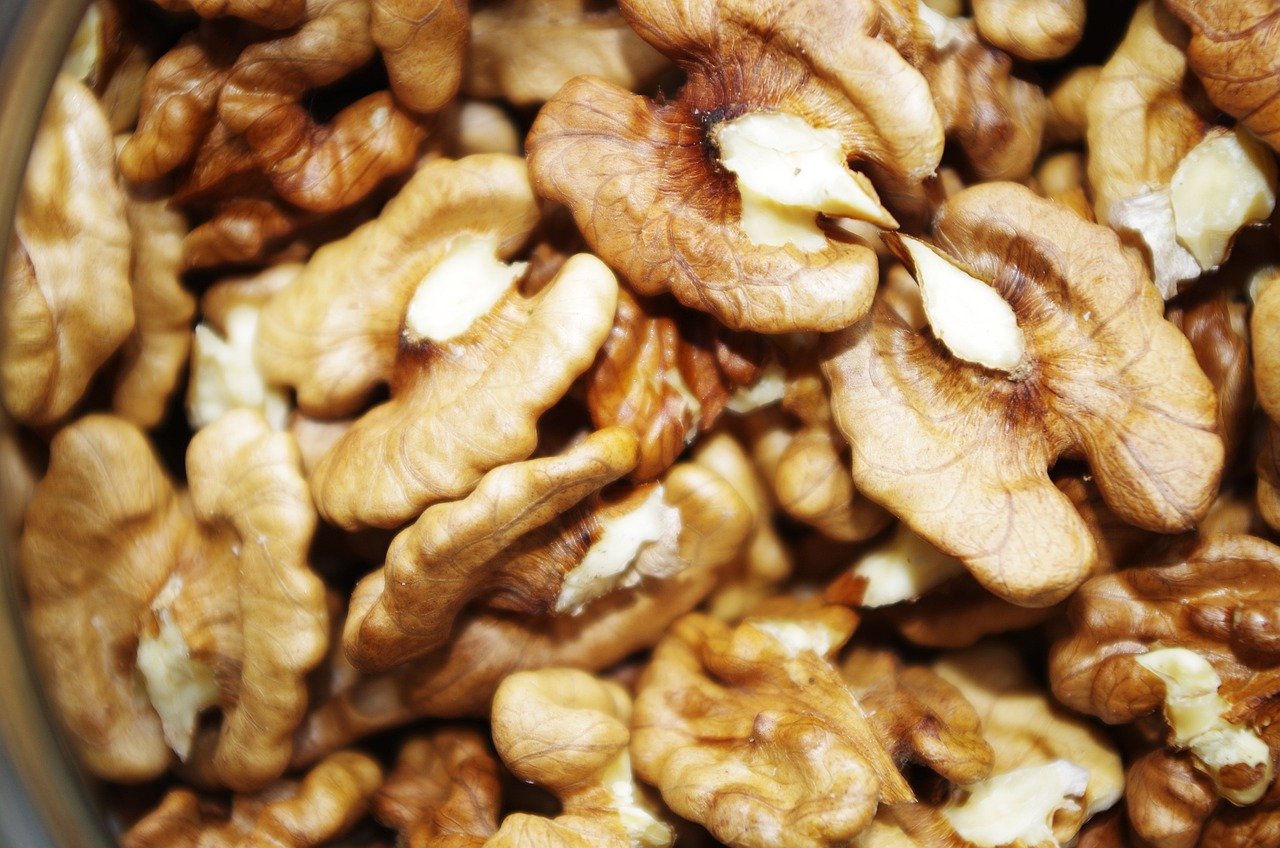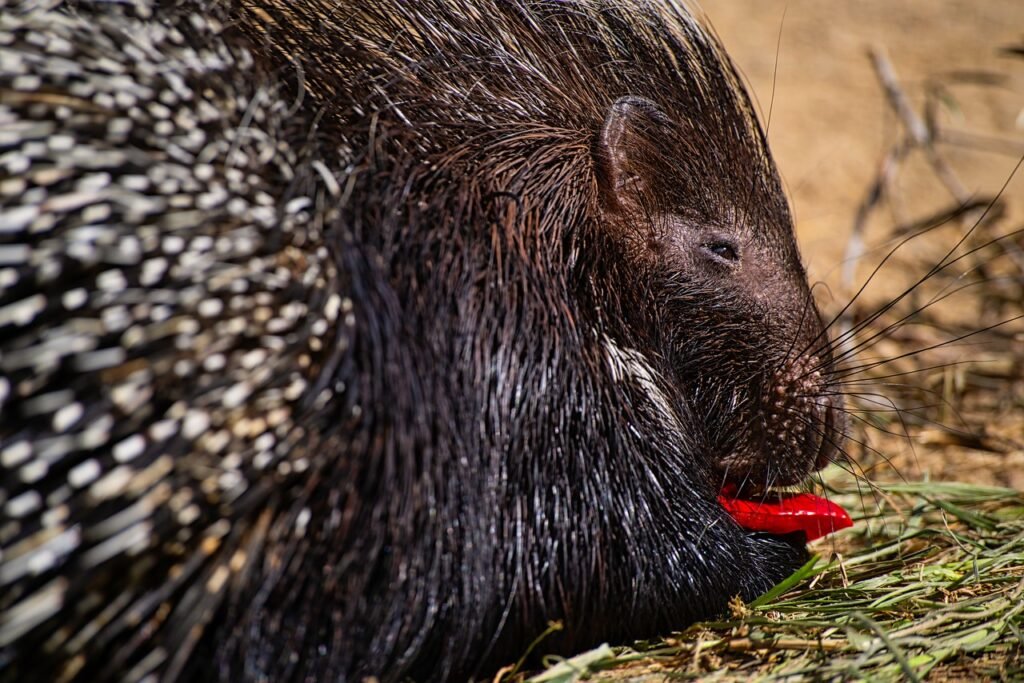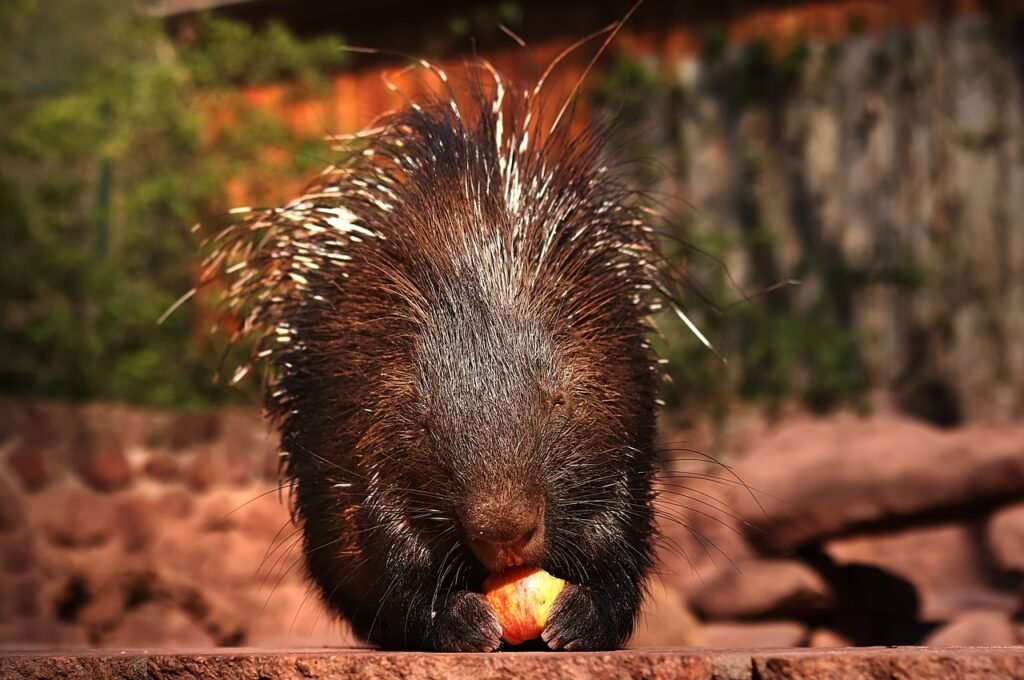Protein is a fundamental component of a porcupine’s diet, playing a crucial role in supporting various physiological functions and maintaining overall health. As herbivores, porcupines obtain their protein from plant-based sources, and understanding the protein puzzle is key to crafting a well-balanced and nutritious menu for these quilled companions. In this guide, we explore the significance of protein in porcupine nutrition and how to ensure they receive an adequate and wholesome protein intake.
Protein’s Role in Porcupine Health:
1. Muscle Maintenance:
- Protein is essential for muscle maintenance and development. Porcupines, like all animals, require sufficient protein to support their musculature and ensure optimal physical health.
2. Enzyme Production:
- Enzymes are crucial for various biochemical processes in the body. Proteins contribute to the production of enzymes, facilitating proper digestion and nutrient absorption in porcupines.
3. Antibody Formation:
- Proteins play a role in immune function by contributing to the formation of antibodies. A healthy immune system is vital for porcupines to ward off infections and diseases.
4. Hair and Quill Structure:
- Quills, which are a distinctive feature of porcupines, are composed of keratin, a type of protein. Adequate protein intake ensures the development and maintenance of healthy quills and fur.
Plant-Based Protein Sources for Porcupines:
1. Nuts and Seeds:
- Almonds, walnuts, and pumpkin seeds are excellent sources of plant-based protein. These can be provided as tasty treats, contributing to both protein intake and enrichment.
2. Legumes:
- Lentils, chickpeas, and beans are rich in protein and can be included in a porcupine’s diet. Ensure these are cooked or properly prepared to enhance digestibility.
3. Leafy Greens:
- Leafy greens like kale and spinach not only provide essential vitamins but also contribute to the protein content of a porcupine’s diet. Incorporate these for a well-rounded nutritional profile.
4. Soy-Based Products:
- Tofu and soy-based products offer plant-based protein options. These can be introduced in moderation, providing a source of protein diversity.
5. Whole Grains:
- Whole grains such as quinoa and brown rice contain protein and can be included in porcupine meals. These grains also contribute valuable fiber for digestive health.
Balancing Protein Intake:
1. Moderation is Key:
- While protein is essential, moderation is crucial. Excessive protein intake can lead to health issues, so it’s important to balance protein sources with other nutrients.
2. Diverse Protein Sources:
- Offer a variety of plant-based protein sources to ensure a diverse amino acid profile. This approach supports overall nutritional balance and meets the porcupine’s dietary needs.
3. Observing Dietary Preferences:
- Observe your porcupine’s preferences for different protein sources. Individual tastes can vary, and tailoring their diet to their preferences ensures they enjoy their meals.
4. Consult with a Veterinarian:
- Before making significant changes to your porcupine’s diet, consult with a veterinarian specializing in exotic animals. They can provide guidance on protein requirements based on your porcupine’s specific needs.
Nurturing Health with Plant-Based Proteins
Understanding the protein puzzle is essential for providing optimal nutrition and ensuring the well-being of your porcupine companion. By incorporating plant-based protein sources and maintaining a balanced diet, you contribute to their muscle development, immune health, and overall vitality. Nurturing your porcupine with a thoughtful approach to protein intake ensures they thrive on a plant-powered diet, and every quill shines with the glow of well-supported health.



